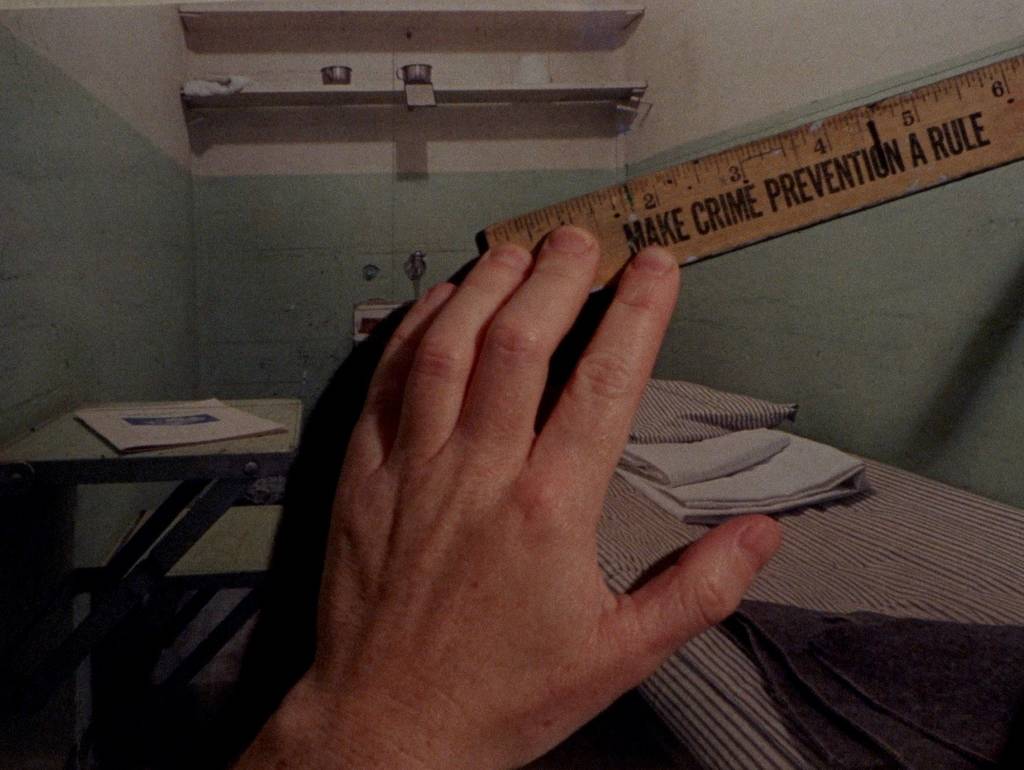“We live in a modern world, in a remote area.”
This quote from the film drives the overall message of One with the Whale. This documentary, directed by Peter Chelkowski and Jim Wickens, follows the life of a family in Gambell, Alaska, as they survive day-by-day despite the pressures and damages done by the world around them. The film is a gripping examination of the effects of climate change and uneducated mass media on a remote village without traditional methods of living or survival. It opens with a group of hunters getting excited—they have spotted a whale. The extent of their excitement is not immediately clear to the audience, but will become apparent once the full sequence plays out toward the end of the film. Chelkowski and Wickens are very deliberate in the way they pace information throughout the story, opting for an objective observance of the way the tribe lives before introducing environmental and societal context to justify this way of living. The landscape itself is a sheet of white, and the camera pans slowly across the space to allow the viewer to take in the beauty of the place. Also present, however, are shots of melting ice caps, signifiers of climate change that threaten this land. Because of the amount of ice that has already melted, the land has diminished, and the Yupik tribe has no choice but to hunt for its food in the sea. Their biggest prize? A whale, large enough to feed the entire village.
Continue reading
















































